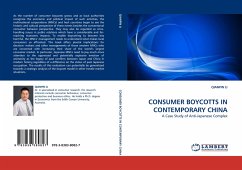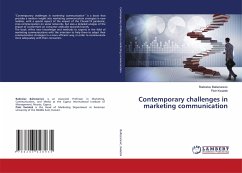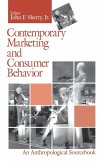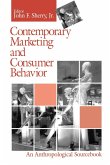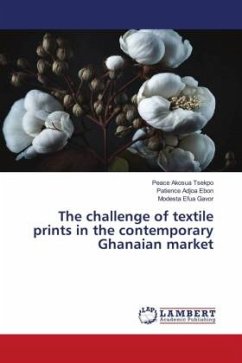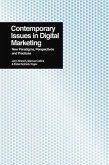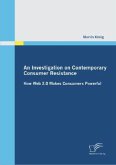As the number of consumer boycotts grows and as local authorities recognize the economic and political impact of such activities, the multinational corporations (MNCs) and host countries begin to see the historic and cultural perspective of these events besides the conventional consumer behavior perspective. They may also be regarded as crisis-handling issues in public relations which have a considerable and far-reaching economic impacts. To enable boycotting to become less harmful, the MNCs management needs to understand what makes local consumers so affronted. This book offers pivotal implications for decision- makers and other managements of those western MNCs who are concerned with increasing their share of the world s largest consumer market. In particular, Japanese MNCs need to pay much more attention to the oppressed and potentially explosive emotion of animosity as the legacy of past conflicts between Japan and China in modern history,regardless of a difference on the status of past Japanese occupation. The results of this evaluation can potentially be generalized towards a strategic analysis of the boycott model in other hostile market situations.
Bitte wählen Sie Ihr Anliegen aus.
Rechnungen
Retourenschein anfordern
Bestellstatus
Storno

